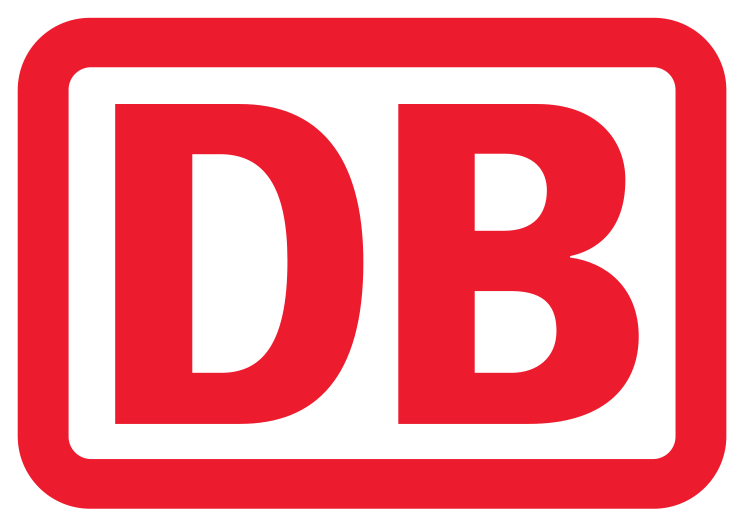Type-appropriate and appreciative leadership
The path to more performance, motivation and serenity

My role as a manager
Realistic self-assessment: How effectively and empathetically do I lead?
Individual leadership by promoting potential and strengths.
Situational and type-appropriate leadership styles for self-managing teams and agile leadership.
Dealing with yourself and others in times of uncertainty, fears, increasing complexity and digitalization.
Recognizing different types of employees and adapting to them in the best possible way
Type-appropriate handling of employees and teams in change, conflict and crisis situations from the perspective of employees' inner drivers.
Type-appropriate motivation
Recognize what drives you and others individually!
Supporting the self-motivation, identification and performance of teams and employees.
16 methods for strengthening personal impact, dealing with change, self-motivation and organization and learning about self/life/stress management.
Type-appropriate communication
Getting to know different communication patterns.
Derivation of more type-appropriate and efficient communication.
What really has a communicative effect for a better quality of life for yourself and your employees.
Interactive exchange in the group with the trainer.
Lessons learned: What works well? Where are my learning areas? How do I deal with them?
Processing of open questions and practical situations.
Contents
My role as a manager
- Realistic self-assessment: How effectively and empathetically do I lead?
- Individual leadership by promoting potential and strengths.
- Situational and type-appropriate leadership styles for self-managing teams and agile leadership.
- Dealing with yourself and others in times of uncertainty, fears, increasing complexity and digitalization.
Recognizing different types of employees and adapting to them in the best possible way
- Type-appropriate handling of employees and teams in change, conflict and crisis situations from the perspective of employees' inner drivers.
- Sharpening individual self-perception/perception of others for daily communication.
- Increase acceptance and tolerance in dealing with people who tick differently from you.
- Value-oriented understanding of what employees, teams and customers say or want to say to you every day.
- Meet with employees on a more individual basis - this will help you achieve constructive, mutually beneficial, successful and motivating collaboration.
Type-appropriate motivation
- News from motivation research on the subject of intrinsic motivation.
- Recognize what drives you and others individually!
- Supporting the self-motivation, identification and performance of teams and employees.
- Get to know and apply new aspects of modern positive motivational psychology for everyday management.
- Communication of new motivational psychological findings including individual reflection on values and motives as well as self-assessment analysis.
- 16 methods for strengthening personal impact, dealing with change, self-motivation and organization and learning about self/life/stress management.
Type-appropriate communication
- Getting to know different communication patterns.
- Derivation of more type-appropriate and efficient communication.
- What really has a communicative effect for a better quality of life for yourself and your employees.
Practical transfer and feedback for your own leadership situation.
Learning environment
In your online learning environment, you will find useful information, downloads and extra services for this training course once you have registered.
Your benefit
- As a manager, this training provides you with a practical and implementation-oriented insight into positive psychology and the personal value and driver structure of other people.
- You expand your intrinsically oriented value- and motivation-based knowledge.
- You lead successfully through change management times.
- You make a lasting impact in terms of performance, motivation, health, satisfaction and general quality of life.
- You lead yourself and your immediate environment more individually.
- You increase your personal and communicative impact without bending yourself.
- You deal more empathetically with insecurities, fears and lack of appreciation expressed verbally/non-verbally by employees.
Methods
Trainer input, self-reflection, discussion, exercises, exchange of experience, group work, case work, feedback.
Recommended for
Managers at all levels who want to significantly increase their leadership effectiveness through type-appropriate, appreciative leadership.
Further recommendations for "Type-appropriate and appreciative leadership"
Start dates and details


















 4.5
4.5




